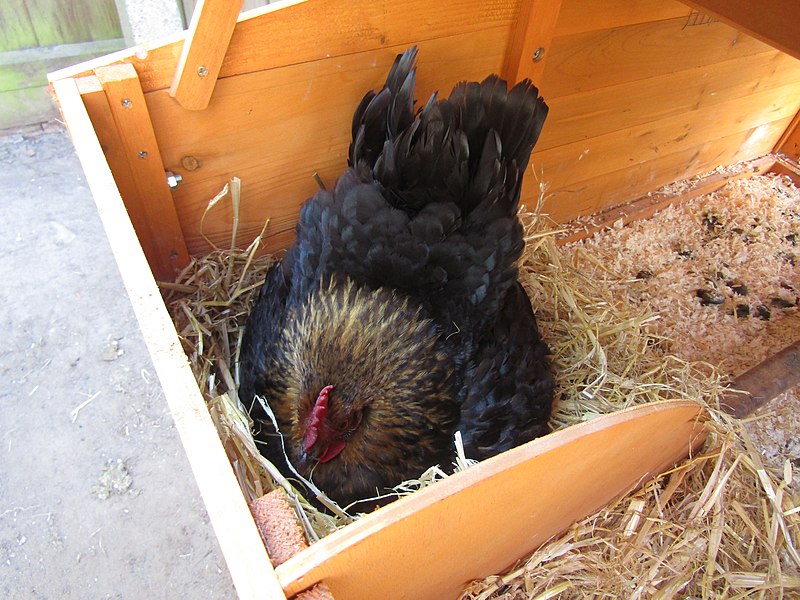Instead of having three or more chickens brooding chicks for more than one month after hatching, Ignatius Osoro is using a surrogate mother to free the others to return to the cycle of laying eggs.
Chicks require warmth for the first one month to support the growth of feathers to help in body temperature regulation.
Commercially, other farmers use bulbs, stoves, lanterns and other sources to supply heat for 24 hours a day to the chicks at this critical stage of growth.
Given that Osoro’s target is local breeds, he prefers using one of the mothers of the chicks in the brooding process.
Related News: Study: Newcastle vaccination in chicken leads to improved child growth
Currently one of the mothers is taking care of 46 chicks that are less than one month old. They were hatched by three chickens and their age difference is two days.
“Although my chickens are local and free-range, I feed them on commercial feeds to supplement the little food they pick while moving around.
“If a mother is freed a day after incubation, she can start laying eggs in about two weeks. If she were to remain in taking care of the chicks, laying of eggs may start after two or three months,” the Kamanga farmer said.
But the selection of the best mother that can take care of the chicks is based on its history. The current mother hatched 17 out of 23 eggs. It was the best among the three. Previously, it also raised 24 out of 26 chicks it had hatched.
“This chicken is more than two kilos. It also has the body mass and feathers to generate enough warmth besides the feathers. As the chicks grow, they remain in the brooding cage, which is sealed, but well ventilated to allow for free circulation of air especially at night,” he said.
Related News: Mariakani breeder capitalises on Brahma chicken rarity in Kenya
Related News: Nandi farmer’s politics failure births 200 chickens, 70 sheep farm
The tightly fenced compound is about 50 feet by 100 feet. But he has more than 40 mature chickens. Apart from the sukuma wiki he has planted for the chickens, he also offers them commercial feeds.
They lay between 250 and 300 eggs per year, with some being better at laying, hatching and brooding.

















Comments powered by CComment